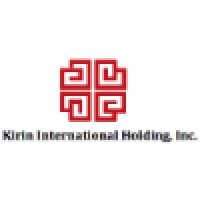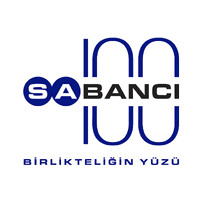
Kirin International Holding, Inc.
Kirin International Holding, Inc., founded in 2009, is a comprehensive investment company listed on the U.S. capital market on March 5, 2011 (Stock code: KIRI). Kirin International Holding, Inc is a global investment company with leading market positions in real estate development, brand management, and investment. Kirin has 6 subsidiaries: Brookhollow Lake LLC, Greenfield International Corporation, Archway Development Group LLC, Kirin Hopkins International LLC, Hopkins Kirin Facilities Group LLC, and Newport Properties Development LLC. Kirin International has a presence in China and USA with headquarters in Santa Ana, USA. For more information, visit www.cathaykylin.com






